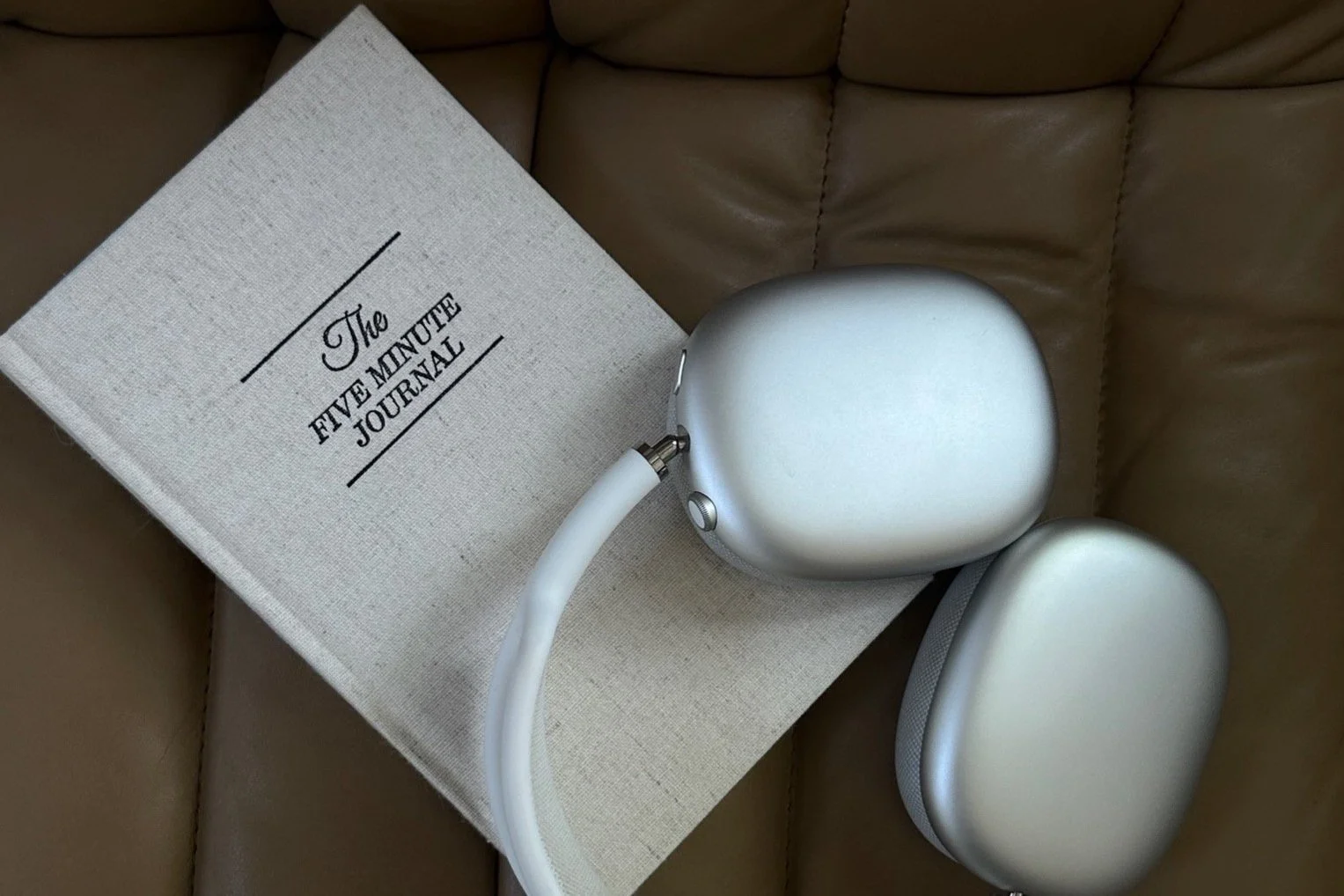How to Start Journaling: The Ultimate Guide
Throughout Mental Health Awareness Month, we are reminded to focus on prioritizing ourselves. One powerful tool we love for self-reflection, personal growth, and creativity is journaling. This practice truly embodies our motto, "Say Yes to You," as you can devote a few minutes to goal setting or mind dumping.
Ever wonder how to incorporate journaling into your daily routine? This is the guide you need to begin your journey today.
Where To Start
Journaling does not have to be complicated—there is no need for a fancy notebook or writing tool. A simple blank sheet of paper will do! Prefer to type? Digital journaling is also an option! Deciding what platform you prefer for reflection is the first step.
Next, is finding a time and space to devote to this practice. Dedicate a specific time each day or week for journaling. It could be in the morning to reflect on the day ahead, unwind and process the day's events at night, or whenever you feel most inspired. Treating journaling as a priority, just like you would with exercise or meditation, will help turn this practice into a consistent habit.
What To Write
Now that you have determined where and what you will journal with the most challenging part is knowing what to write about. Journaling can be used for many different purposes through various writing methods and prompts.
Here is a list of ways to utilize your journal. Pick one or a few topics that will benefit and align with your own life.
Stress management: Write about what is causing your stress and your feelings. Releasing all of the stressful thoughts consuming your brain will provide a sense of calmness to the mind and body.
Self-discovery: Follow prompts that ask more profound questions about yourself. Here are some examples to get you started…
When do you feel most like yourself?
What is a lesson you had to learn recently?
In what areas of life would you like to be more confident?
What was a significant turning point in your life?
Are there any aspects of your true self you tend to hide? Why do you feel you do this?
What is a long-term goal you have for yourself? Why is it important?
Creative Outlet: Express your creative ideas wherever and whenever you like. A journal can easily be brought with you for any spontaneous ideas. Freely express those thoughts on paper and see what you can create.
Spiritual: Examine how journaling can deepen spiritual awareness, foster mindfulness, and facilitate a deeper connection with yourself and the world around you.
Goal Setting: Set and track your goals, both personal and professional. This can be a daily practice, or you can set monthly goals and reflect on your achievements and areas of improvement.
Productivity: This is a space to organize thoughts, prioritize projects, and increase productivity. Be able to accomplish all of your tasks through strategic planning and scheduling.
Daily Intention + Reflection: The most simple practice is starting your day with gratitude and Intention and ending the day with reflection. This will set you up for success and allow you to take what you've learned into the following day.
What practice/practices sound the most interesting to you? Whichever prompts fit your lifestyle and can be done consistently will formulate a successful journaling practice.
Say yes to you by finding time in your day to sort through your thoughts, express gratitude, or write about your day. We added our favorite journals below so you can get started today!

